Armpit plucker and other most humiliating professions of the past
Categories: History
By Pictolic https://pictolic.com/article/armpit-plucker-and-other-most-humiliating-professions-of-the-past1.html"All professions are necessary, all professions are important" - so the woman who was responsible for servicing the chamber pots of the king and his entourage must have reassured herself. Pronounced social inequality and the way of life in general gave rise to a wide variety of at least strange positions during Antiquity and the Middle Ages. Now they seem wild, but then they were quite ordinary, and some were even honorable.
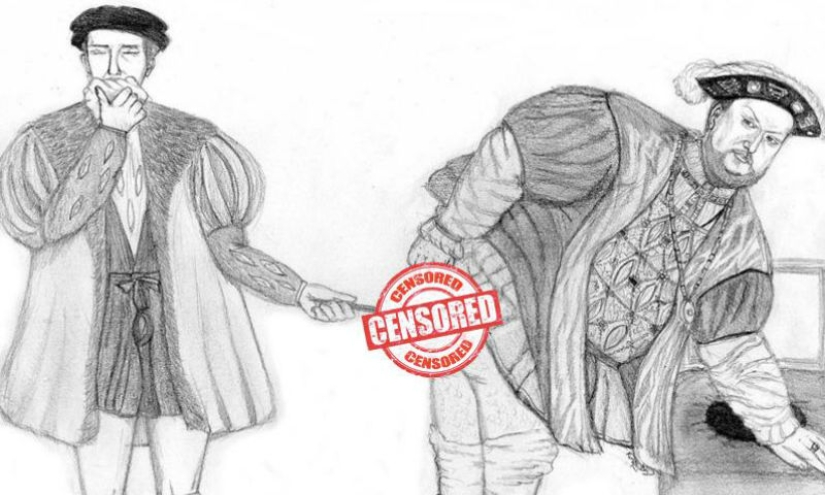
1. Whipping boy
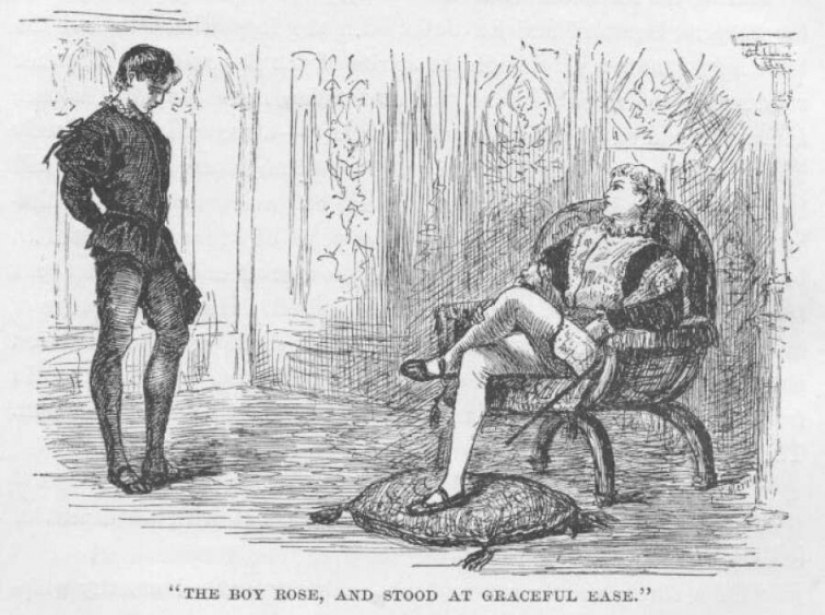
In the XV-XVI centuries in England, every prince was assigned a whipping boy. Only the monarch himself could punish the king's son, but due to the fact that he was rarely around, his deputy received slaps on the head and other joys for the naughty prince. It was assumed that the monarch's offspring became ashamed, because an innocent person suffered instead. Sometimes work in this specialty brought considerable profits. For example, King Charles I, having ascended to the throne, made his whipping boy William Murray an earl.
2. Cloth

In ancient Rome (and in medieval Europe, too), the fabric for the further manufacture of clothing was processed in a very original way. He stood in a tub filled with water and alkaline chemicals for days on end, and tirelessly trampled strips of cloth, removing excess substances. It would seem nothing special, but there is a nuance. The most accessible alkaline solution was stagnant urine. The cloth makers collected it from the surrounding farms, and also put up special containers near their homes so that passersby replenished supplies.
3. Court stylist
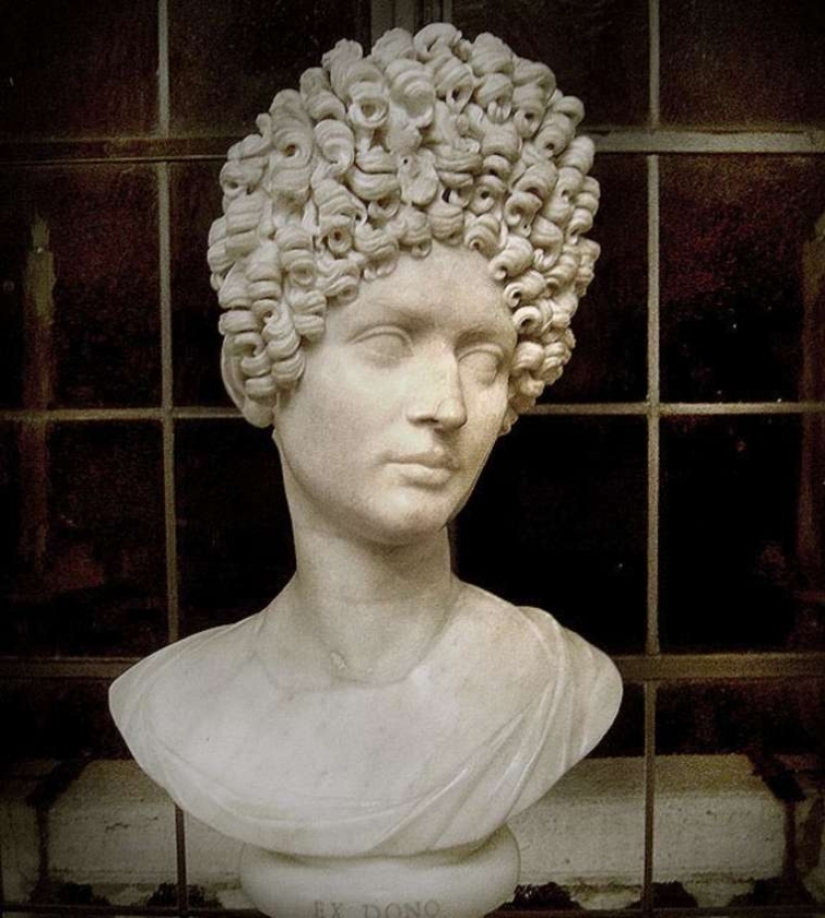
The ancient Roman slave maids, who know the technique of hair styling, knew best how hard life was. Not only did they make curls on the heads of their mistresses for several hours in a row, but they also dealt with poorly processed ingredients. They made hairspray from a mixture of rotten leeches, squid ink liquid, pigeon droppings and, of course, urine.
4. The leech collector
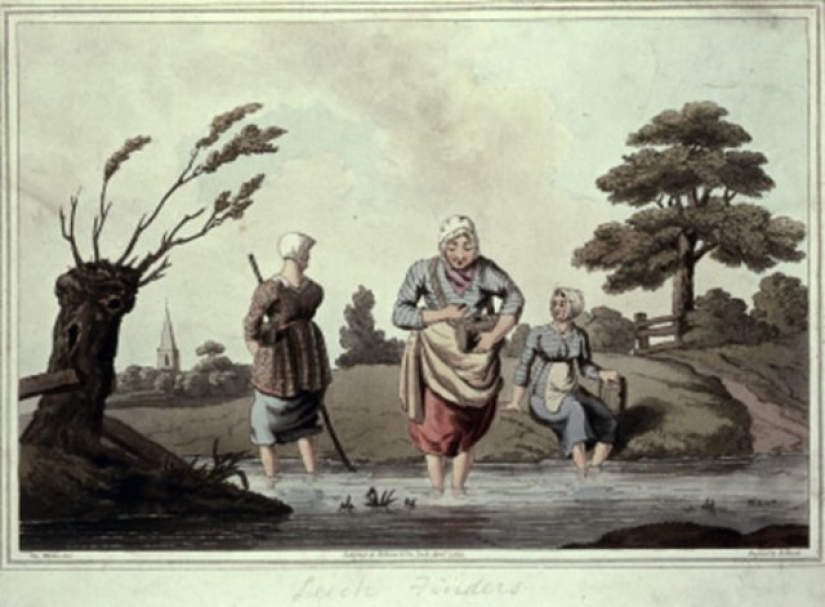
If we're talking about leeches, we can't ignore another wonderful profession. The more the doctors' faith in the healing properties of bloodletting was strengthened, the more popular leeches were. They were considered a panacea for almost any disease. Accordingly, the profession of collecting these creatures has become fashionable. Usually their own legs were used as bait. Specialists wandered through swampy ponds, unhooking leeches from ankles when they drank blood. Nothing complicated! However, from time to time the hunters lost consciousness due to heavy blood loss.
5. The body snatcher
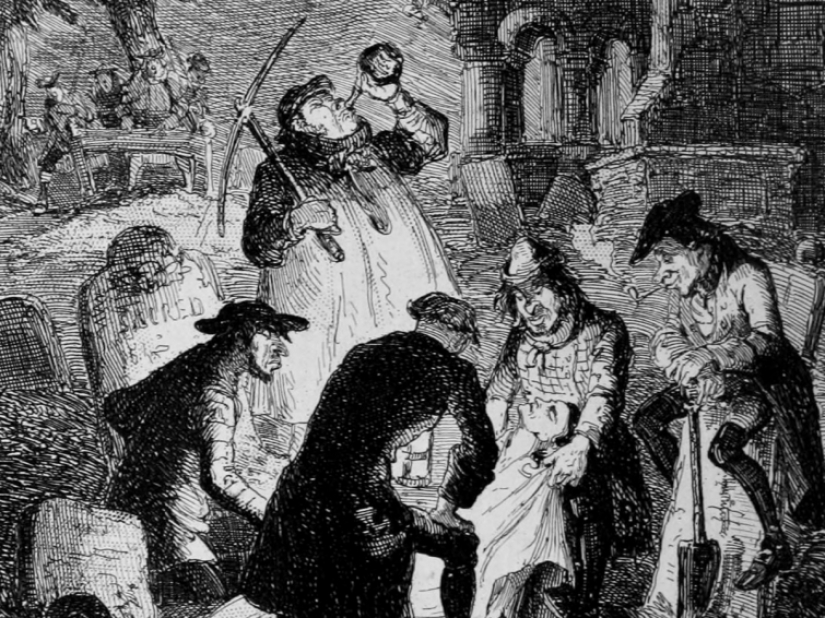
Doctors needed not only leeches, but also corpses to study how everything works there. And the church did not allow autopsies in the old days. Therefore, not fastidious people traded in the fact that under the cover of night, by order of a doctor friend, the bodies of deceased compatriots were exhumed. This profession existed until the end of the XIX century and caused violent protests.
6. The right woman and the courtier at the ship
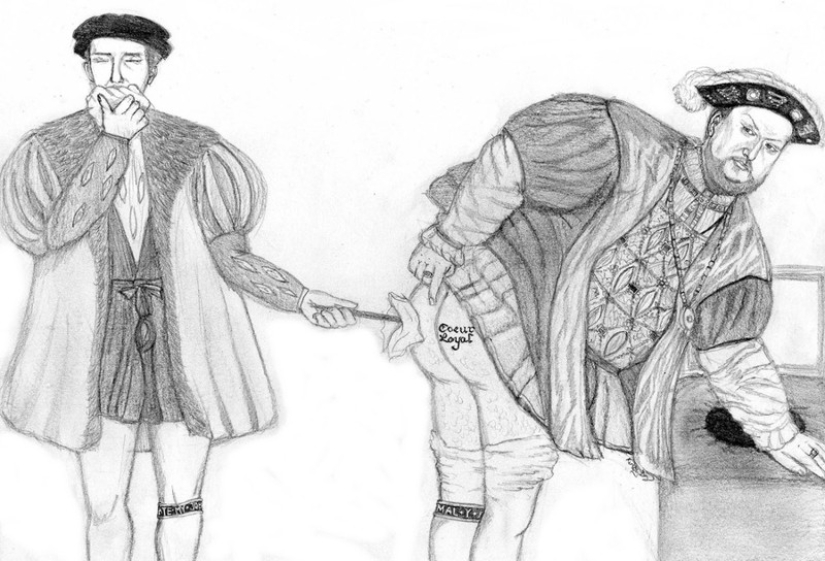
A team of professionals monitored the fact that the British autocrats emptied the intestines in comfortable conditions. A specially trained woman at any time of the day or night was ready to throw away the contents of the pot and rinse it thoroughly. There was no career growth, but they paid well.
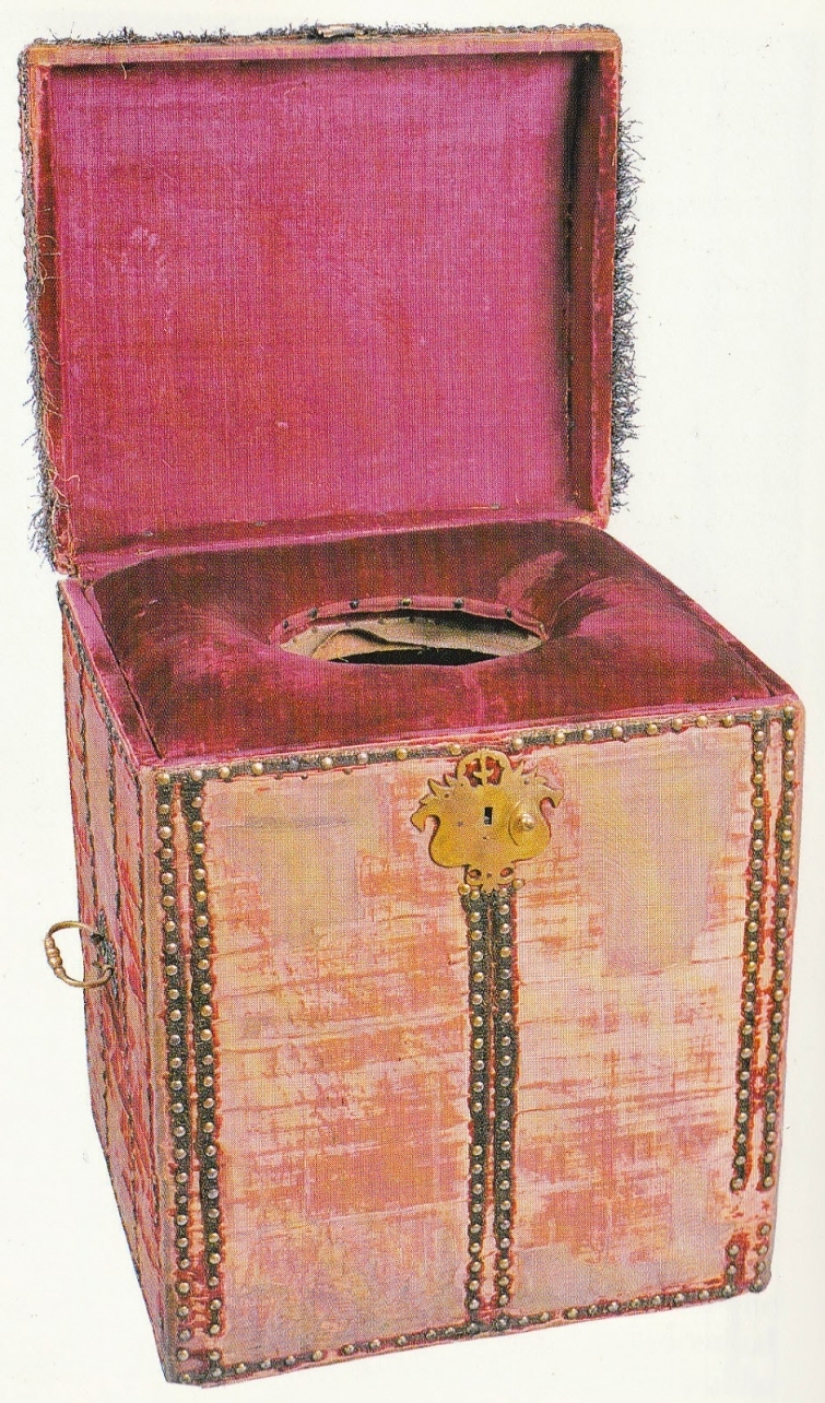
Much more prestigious was the position of a courtier at the royal vessel. It was established by Henry VI, when a novelty appeared at his disposal — a chair with a built-in pot. The courtier carried the prototype of the toilet bowl for His Majesty everywhere, was responsible for the availability of water and towels. To be always ready, he followed the monarch's diet, predicting his schedule and planning his day accordingly. The chair manager had almost continuous and, in fact, intimate access to the king, which automatically elevated him above almost all other courtiers.
7. Armpit plucker

The desire to get rid of excess body hair is not a new trend at all. Smooth skin was considered an essential attribute of a handsome man in ancient Rome. The aristocrats trusted the servants to control the cleanliness of the armpits and other areas of the body. Most often they wielded bronze tweezers, but sometimes resorted to alternative methods. For example, they smeared their armpits with special substances in the hope that the hair would fall out by itself.
Keywords: Antiquity | Monarchy | Professions | Work | Middle ages
Post News ArticleRecent articles

It's high time to admit that this whole hipster idea has gone too far. The concept has become so popular that even restaurants have ...

There is a perception that people only use 10% of their brain potential. But the heroes of our review, apparently, found a way to ...
Related articles

Colin and Kristin Poole are an amazing creative family. Colin is a world-renowned artist, and his wife Kristin is a wonderful ...

After centuries of tradition and fashion are changing. Once our ancestors in order doing that now would be shot down us off. About ...

No one sees their faces while working, but they see everyone and notice everything. These are animators — people who work in ...

New Year's is a time to surprise and delight loved ones not only with gifts but also with a unique presentation of the holiday ...